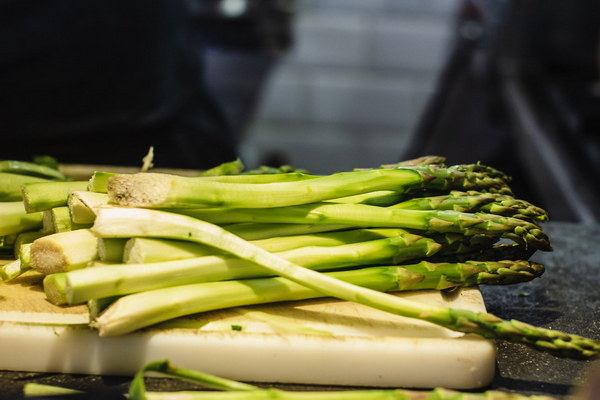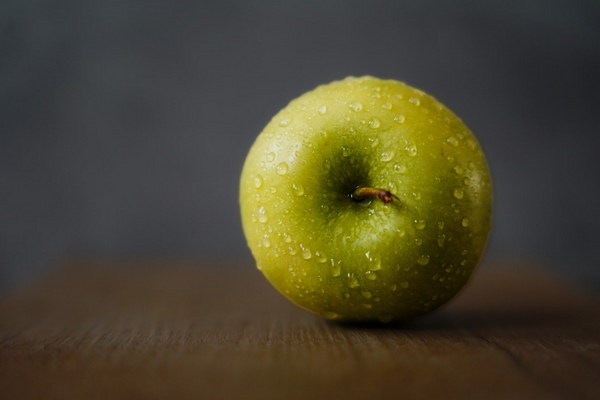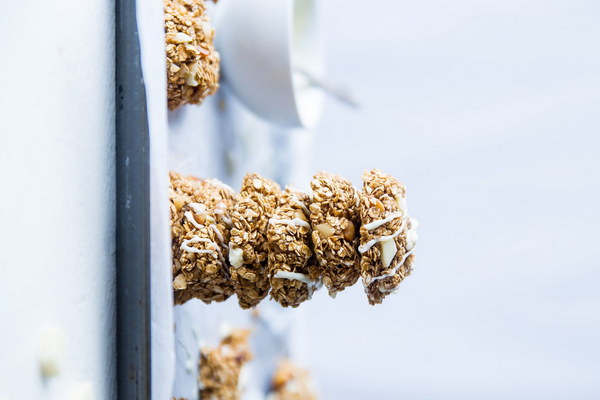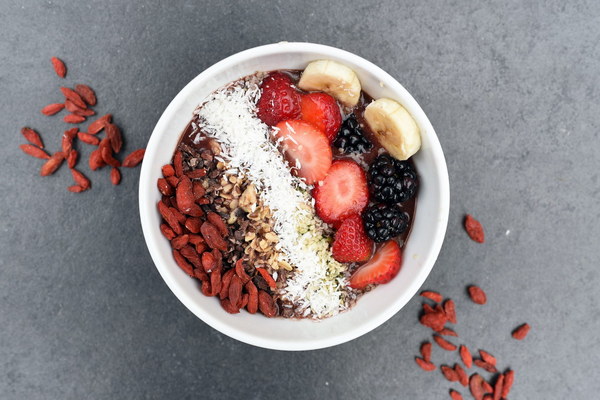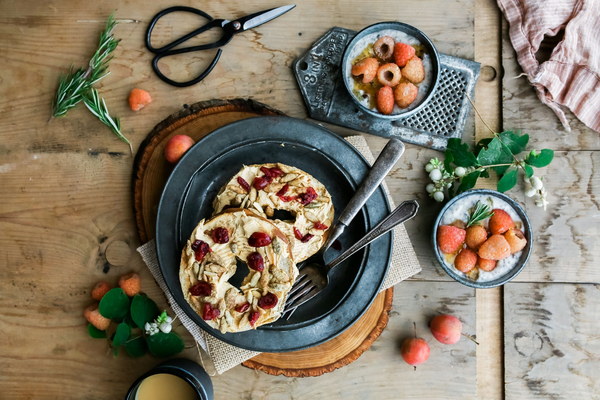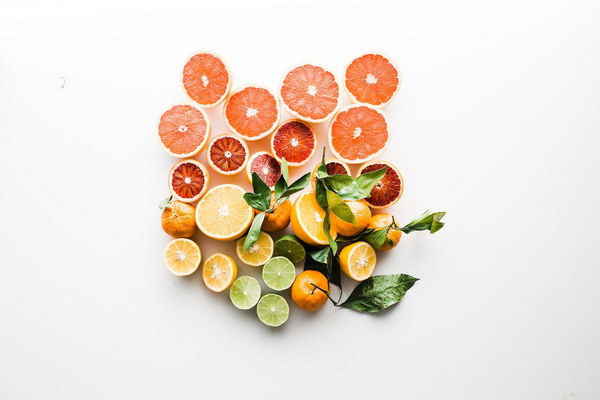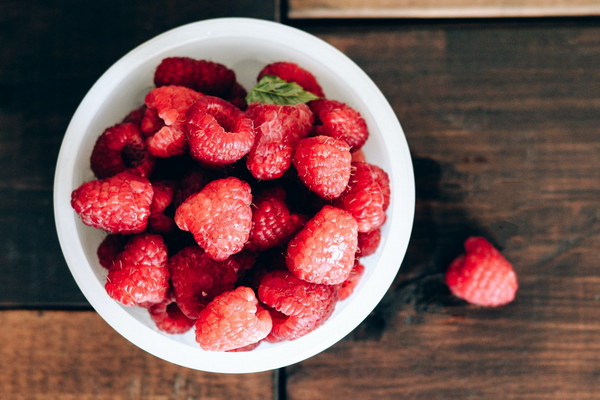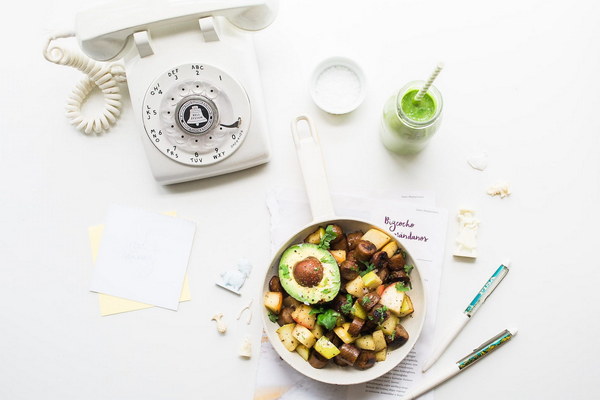Bloating Beware The Surprising Side Effect of HealthBoosting Teas
Introduction:
In recent years, the popularity of herbal teas has surged as more people seek natural ways to boost their health and wellness. However, for some, the journey to a healthier lifestyle comes with an unwanted side effect: bloating. This article delves into the reasons behind the bloating experienced by those who drink health-boosting teas and provides tips on how to minimize this uncomfortable symptom.
The Science Behind Bloating:
Herbal teas are made from a variety of plants and herbs, each with its unique properties and benefits. While these teas can be incredibly beneficial for digestion, immune support, and overall health, they can also cause bloating in some individuals. Here are a few reasons why this might happen:
1. High levels of fiber: Many herbal teas, such as ginger and fennel, contain high levels of fiber, which can help improve digestion. However, excessive fiber intake can also lead to bloating, as it ferments in the gut and produces gas.

2. Carbonation: Some herbal teas, particularly those made from ginger, are carbonated. Carbonation can lead to gas buildup in the digestive system, causing bloating.
3. Sensitive digestive system: Individuals with sensitive digestive systems may be more prone to bloating when consuming herbal teas. This is because their bodies may have a harder time processing certain compounds found in the teas.
4. Overconsumption: Drinking too much herbal tea, especially within a short period, can overwhelm the digestive system and lead to bloating.
Reducing Bloating:
If you're experiencing bloating after drinking herbal teas, here are some tips to help minimize this discomfort:
1. Start slowly: Introduce herbal teas gradually into your diet to allow your body time to adjust. Begin with small quantities and gradually increase your intake.
2. Choose teas with lower fiber content: Opt for herbal teas that have lower fiber levels, such as peppermint or chamomile, which may be less likely to cause bloating.
3. Limit carbonated teas: If you're sensitive to carbonation, consider choosing herbal teas that are not carbonated or diluting them with water to reduce the carbonation.
4. Pay attention to your body's response: Pay close attention to how your body reacts to different herbal teas. If you notice that a particular tea is causing bloating, try a different option.
5. Consume herbal teas at the right time: Drinking herbal teas immediately before or after meals can help with digestion. However, avoid drinking them on an empty stomach, as this can lead to bloating.
6. Avoid drinking too much: Overconsumption of herbal teas can overwhelm the digestive system and lead to bloating. Stick to moderate amounts and drink herbal teas in addition to, not instead of, other healthy beverages.
7. Seek professional advice: If bloating persists despite these measures, it's essential to consult a healthcare professional to rule out any underlying conditions.
Conclusion:
While herbal teas offer numerous health benefits, it's essential to be aware of the potential side effects, such as bloating. By understanding the science behind this discomfort and implementing the tips provided, you can enjoy the benefits of herbal teas without the inconvenience of bloating. Remember, it's all about finding the right balance for your body's unique needs.
